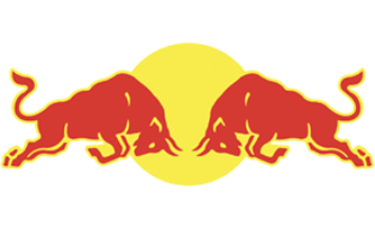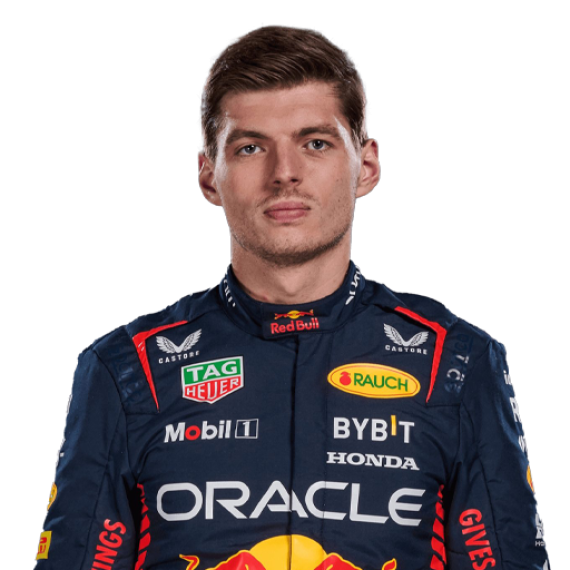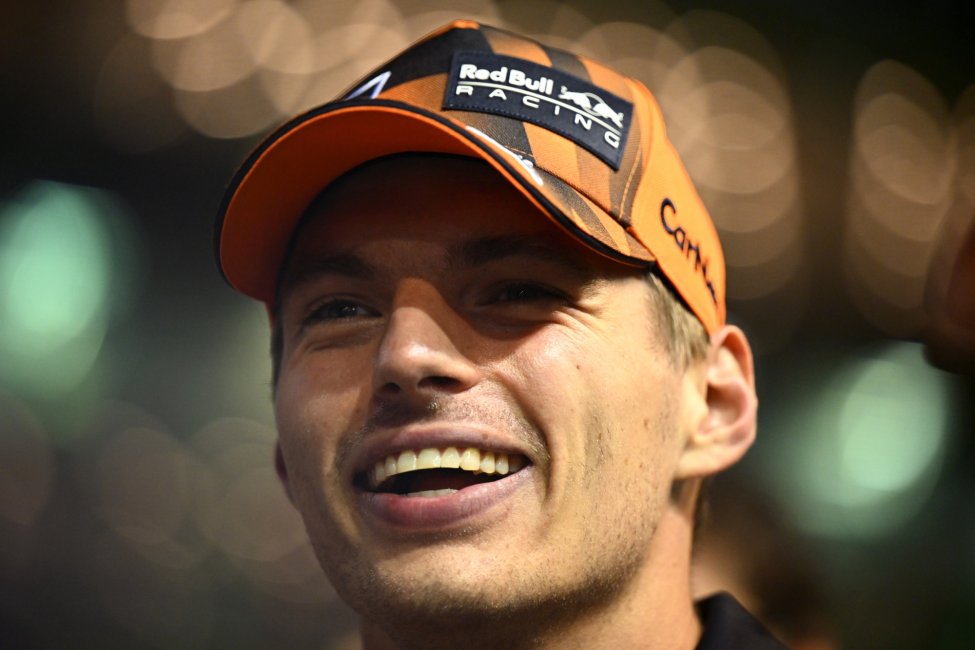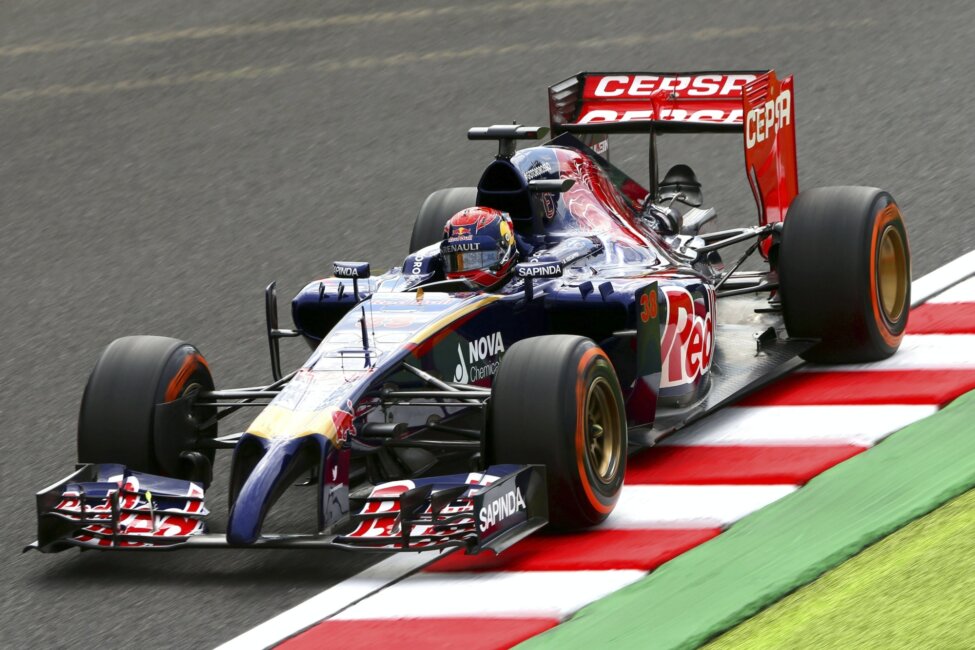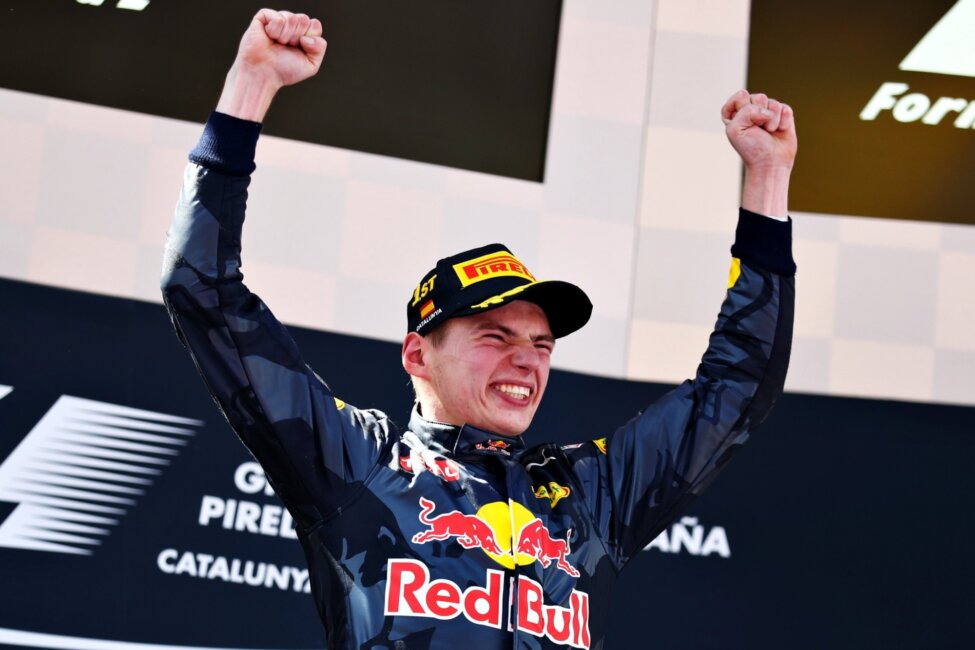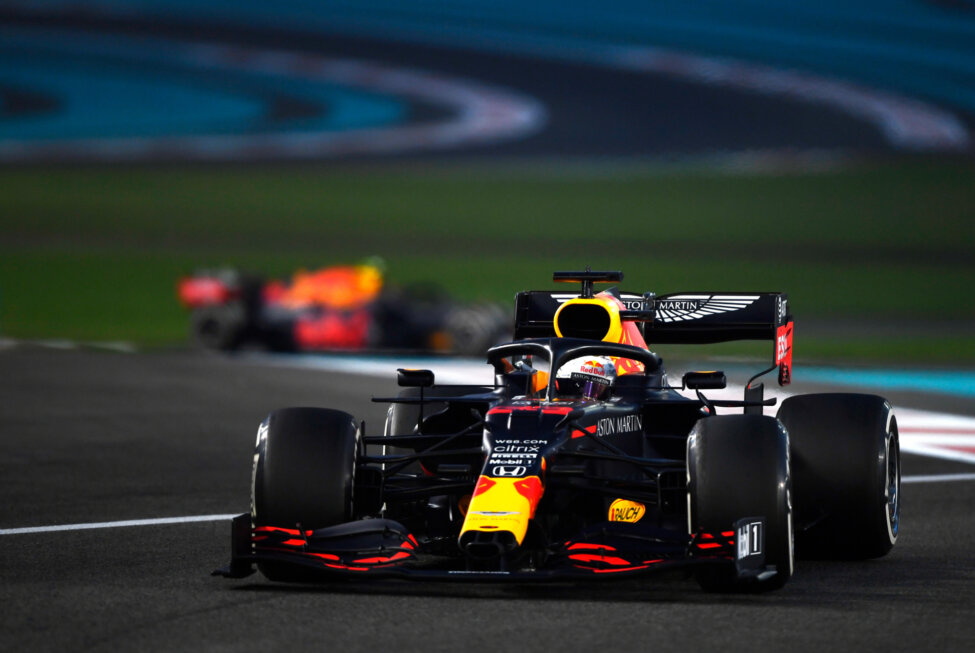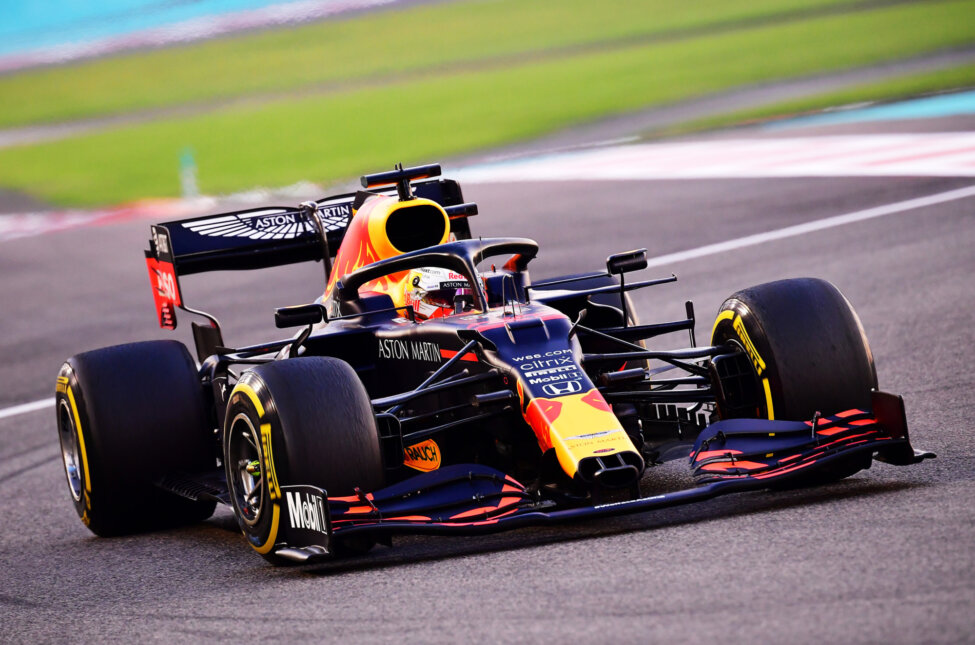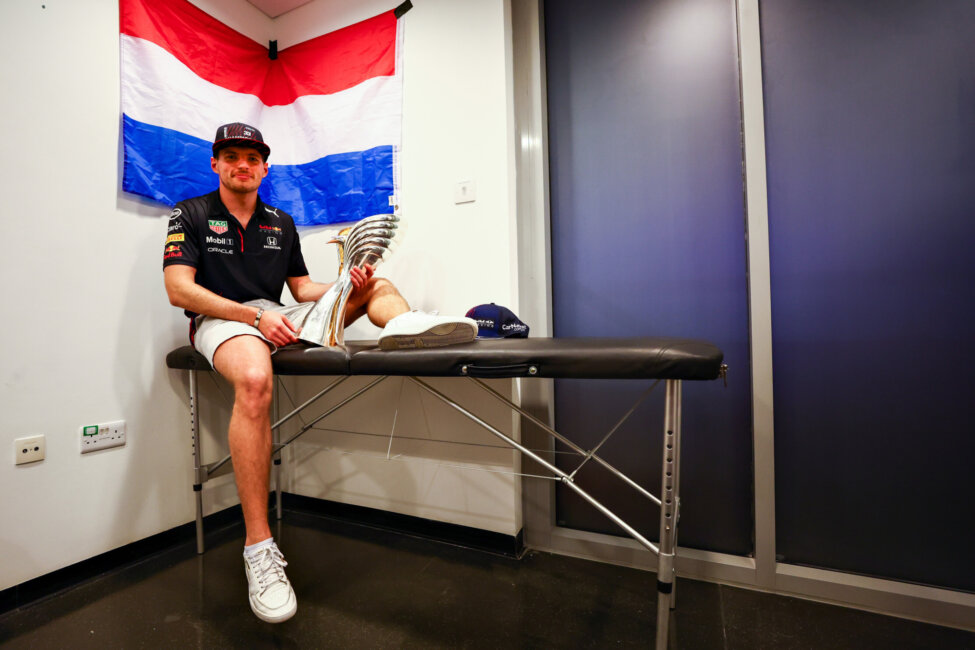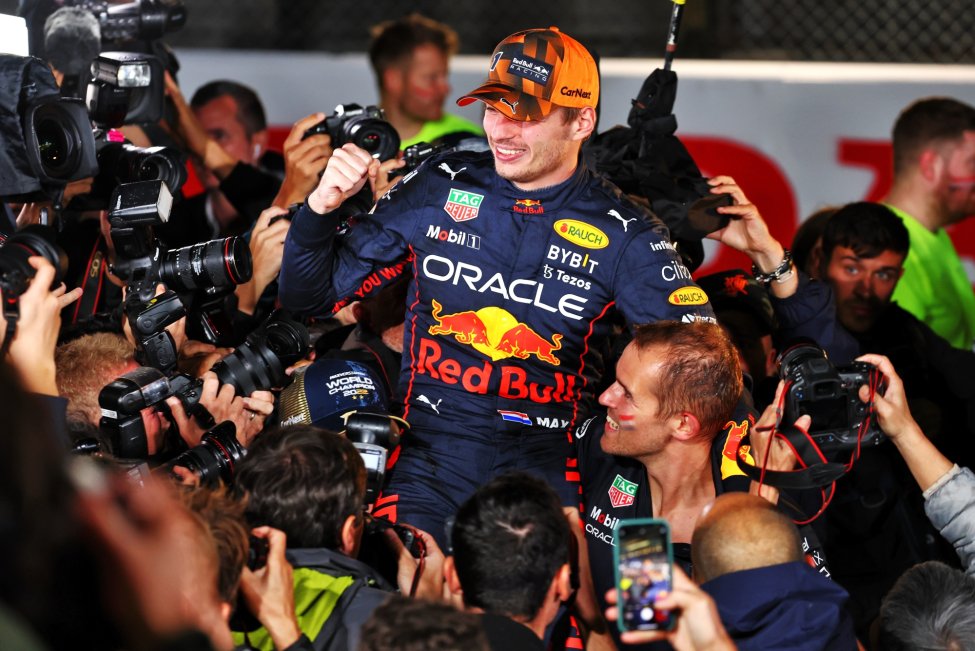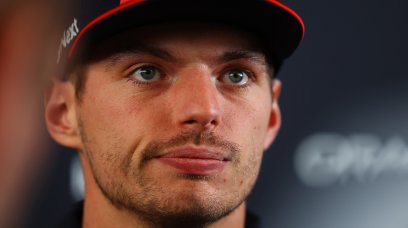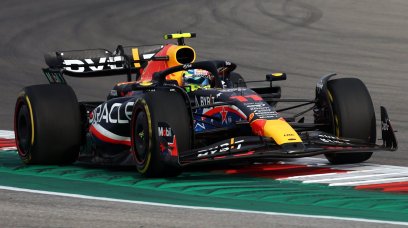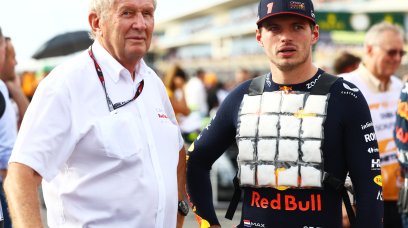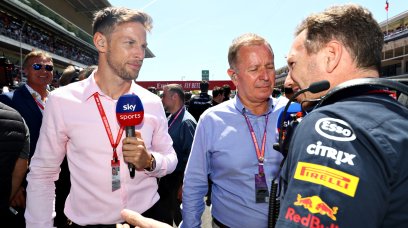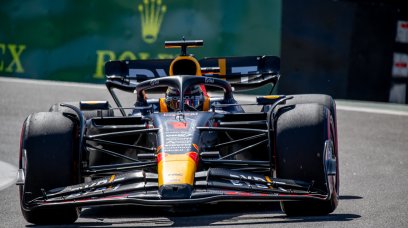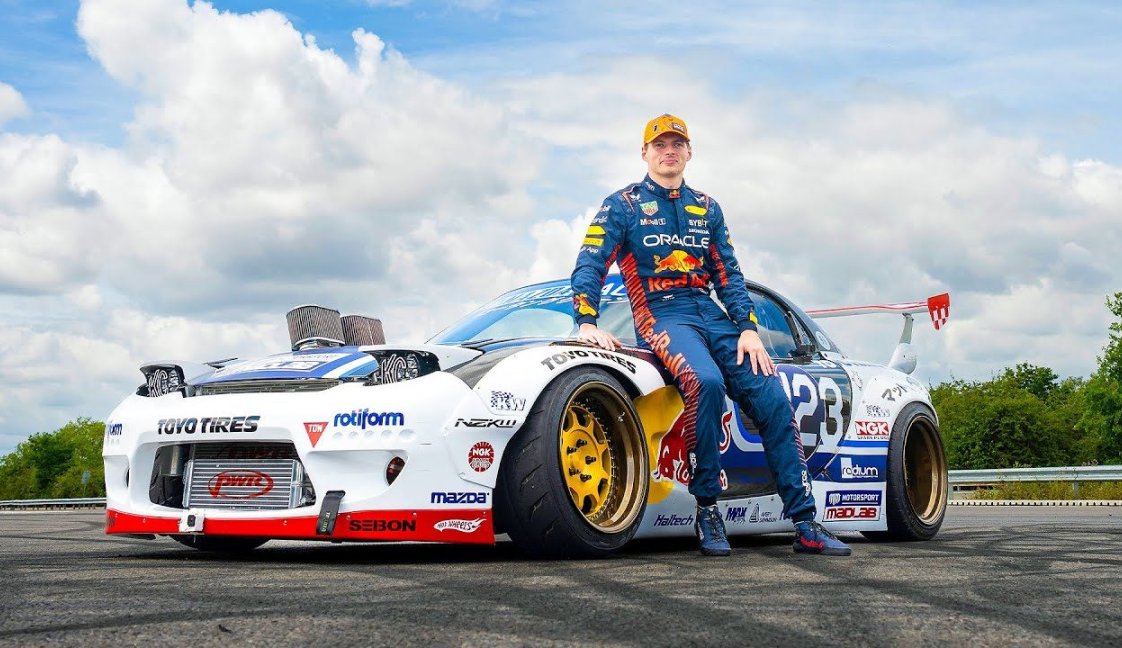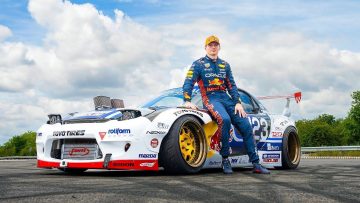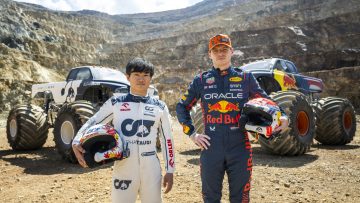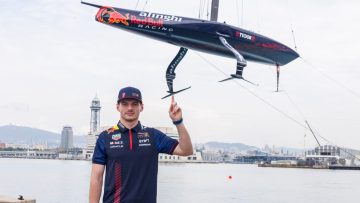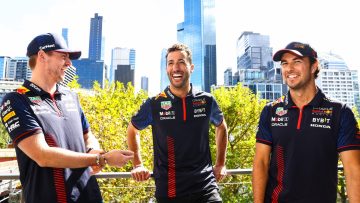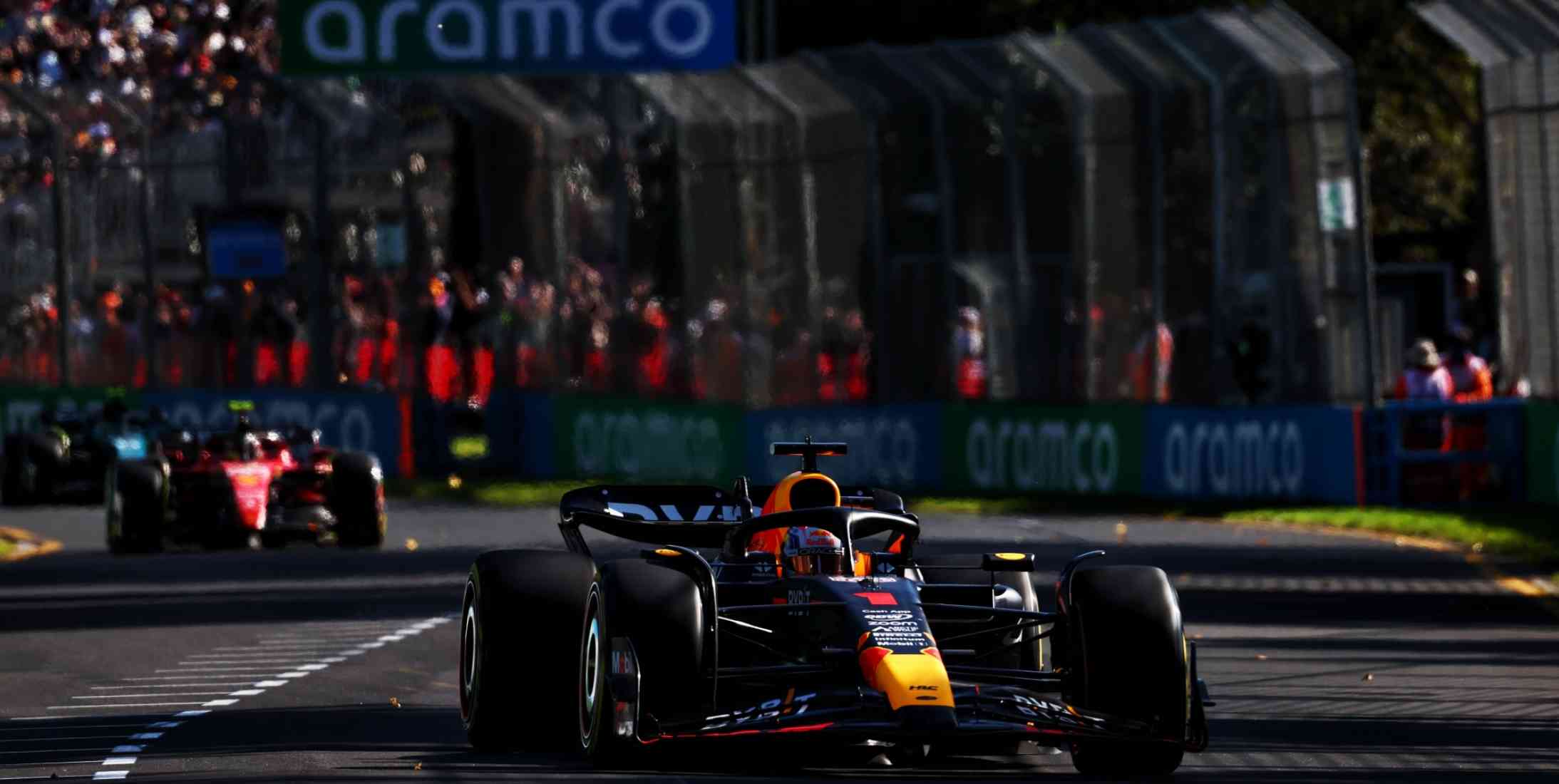
Max Verstappen
Red Bull Racing
Nationality
 Dutch
Dutch
Birthplace
Hasselt, Belgium
Date of birth
30/09/1997 (26 yr.)
F1 debut
2015, Australia
Hamilton all but concedes defeat in Perez pursuit: 'He needs two disasters'
Verstappen's scathing response to Las Vegas: 'You look like a clown'
Ricciardo: F1 at 'mercy' of Las Vegas as concerns brushed aside
Why is the Las Vegas Grand Prix on a Saturday?
Hulkenberg not happy with new Haas-updates
F1 teams pull out special liveries for Las Vegas GP
Perez wants to rewrite Red Bull history in Las Vegas
Hamilton throws in the towel: 'This Mercedes car can't win a race'
2023 F1 Las Vegas Grand Prix weather forecast
In pictures: The Las Vegas Street Circuit
| Pos. | Driver | Points |
|---|---|---|
| 1 |

|
524 |
| 2 |

|
258 |
| 3 |

|
226 |
| 4 |

|
198 |
| 5 |

|
195 |
| 6 |

|
192 |
| Pos. | Team | Points |
|---|---|---|
| 1 |

|
782 |
| 2 |

|
382 |
| 3 |

|
362 |
| 4 |

|
282 |
| 5 |

|
261 |
| 6 |

|
108 |
| Race | Date |
|---|---|
|
|
5 Nov |
|
|
19 Nov |
|
|
26 Nov |
